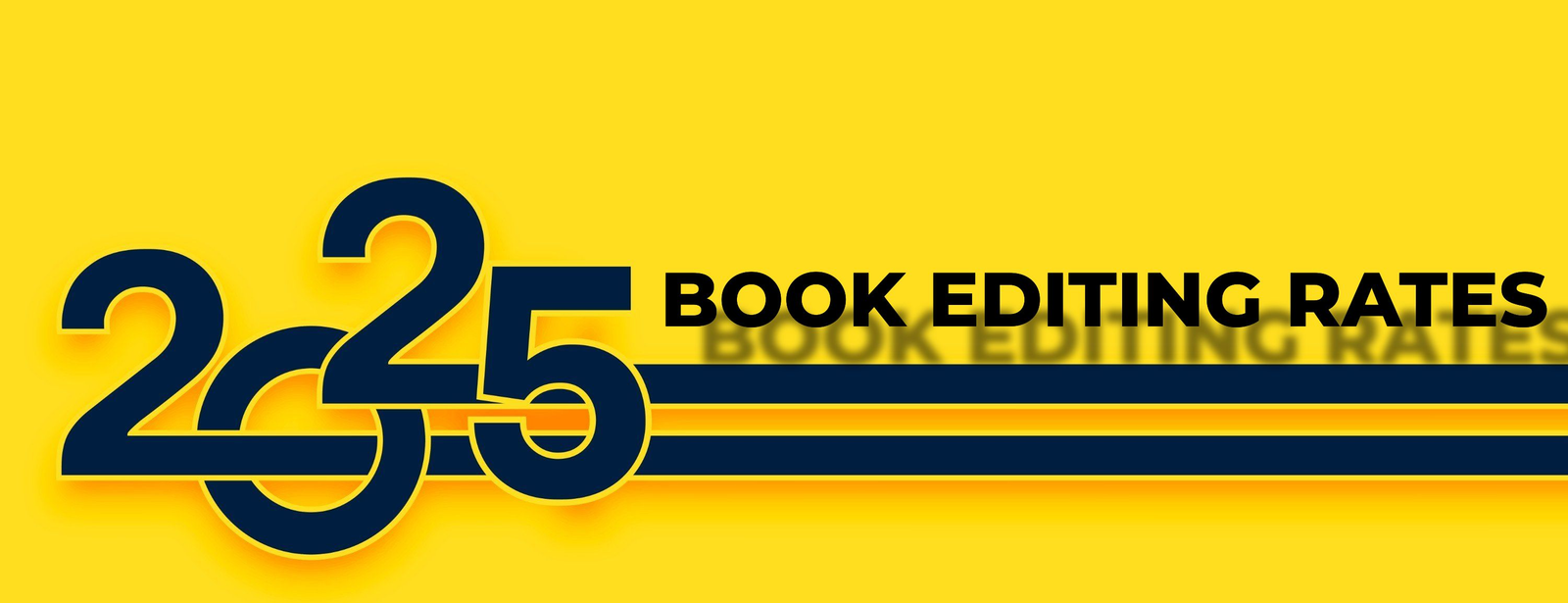
How to Start Writing a Book Professionally In 2025?
Have you been thinking about the basics of how to start writing a book in 2025? With so many opportunities for new voices, there's no better time to share your story.
As the publishing world has advanced, writers have more control. You now have platforms like self-publishing and online retailers that allow you to connect directly with readers across the globe.
Today's readers seek fresh views, original tales, and thoughtful concepts. Whether fiction, facts, or memories, your works can motivate, amuse, and leave a mark. Publishing is a journey that gives form to your vision while potentially cultivating opportunities for enrichment, edification, and reward. Put words into the world, see the vision realized, and open doors through your writing.
Starting a book can seem daunting, but with planning, it becomes achievable. In this blog, we will discuss in detail how to start writing a book. We will cover everything so that in case your mind is already made up, there is no confusion left until you are done with writing your own book.
So, shall we start?
How to Start Writing a Book| Step-by-Step
Writing a full-length book may seem difficult, but breaking it down into smaller steps makes it very achievable. Following a step-by-step process is key to staying motivated throughout the ups and downs.
Below are the main steps to focus on as you start writing a book:
Step 1: Define Your Purpose and Audience
Before you start writing a book, reflecting on your goals and who you're writing for is crucial. Are you sharing knowledge or telling stories? Knowing your purpose guides everything from the tone of your writing to the marketing strategy you'll eventually employ. By clarifying your intentions upfront, you'll save time and energy, focusing your efforts more effectively.
Know your readers to create the perfect book. For the small audiences, share real tales of the success and struggles of people to connect deeply. Customizing your content to the right readers from the start ensures your work resonates and stays relevant, avoiding the pitfall of creating something for the wrong audience.
Step 2: Choose the Right Genre and Niche
Popular genres like romance, fantasy, and thrillers dominate for a good reason—they offer compelling stories. However, not every topic fits neatly into a single genre. When you start writing a book, think of the genre you will pick that will persuade your readers to buy it.
Researching market demand for your chosen genre can help ensure your book finds readers. Tools like Amazon rankings, BookScan, and Google Trends can show you what's trending and where there's an existing audience. Look for a balance between popular topics and underserved niches, offering a unique perspective that differentiates your book from others in the market.
Step 3: Plan Before You Write
Creating an outline is one of the best ways to stay organized and focused. Plan out key plot points or draft a chapter-by-chapter breakdown, mapping out how the story will unfold. This prevents you from getting lost in a meandering storyline. In addition, having a clear plan makes it easier to maintain momentum and identify any pacing issues early on.
Setting realistic writing goals is essential when you start writing a book. Use tools like spreadsheets to track your progress. You might reserve longer writing sessions on weekends or days off for bigger tasks, such as plotting or editing challenging sections.
Step 4: Develop a Writing Routine
Establishing a routine is key to being productive. Some writers do well in coffee shops or prefer a quiet home, so try different places and times. See what helps you write best, then keep using that spot and time. Your mind will connect that space and time with writing, allowing you to focus quickly. Find your sweet spot and keep returning to help your creativity flow.
Step 5: Invest Your Time in Learning
Even experienced writers can benefit from continuous learning. Affordable online courses provide structured lessons from professionals, while literary magazines and creative books offer valuable insights into improving specific skills, like dialogue or pacing. Aim to learn one new thing with each project, whether it's a technical skill or a fresh approach to storytelling.
Step 6: Seek Professional Help
Self-editing can only take you so far. At various stages, you'll want to get feedback from trusted readers. Friends and family can offer general impressions, while fellow writers or critique groups can help with more specific structural suggestions. When ready for the final touch, consider hiring a professional editor to ensure your manuscript is polished and ready for publication.
Step 7: Market Your Book Like a Pro
Marketing is just as important as writing the book itself. Start by creating an author website and engaging with potential readers on social media. Building an email list is another effective way to announce your book launch and keep readers updated. Participating in online communities, book events, or podcasts can also help spread the word and connect you with your target audience.
Conclusion
Becoming an author is within your grasp. The path may not be easy, but each step of the writing process presents opportunities to hone your art. Although challenges will emerge when you start writing a book, do not lose sight of your end goal: creating meaningful work capable of inspiring others.
Stay motivated by continuously developing your skills and seeking feedback from peers. Remember why you chose to put pen to paper in the first place. With a steadfast commitment to your story and the readers it may touch, 2025 could mark the year you achieve your dream of seeing your book in the readers' hands. Now, it is time to map out your plan and shine.




